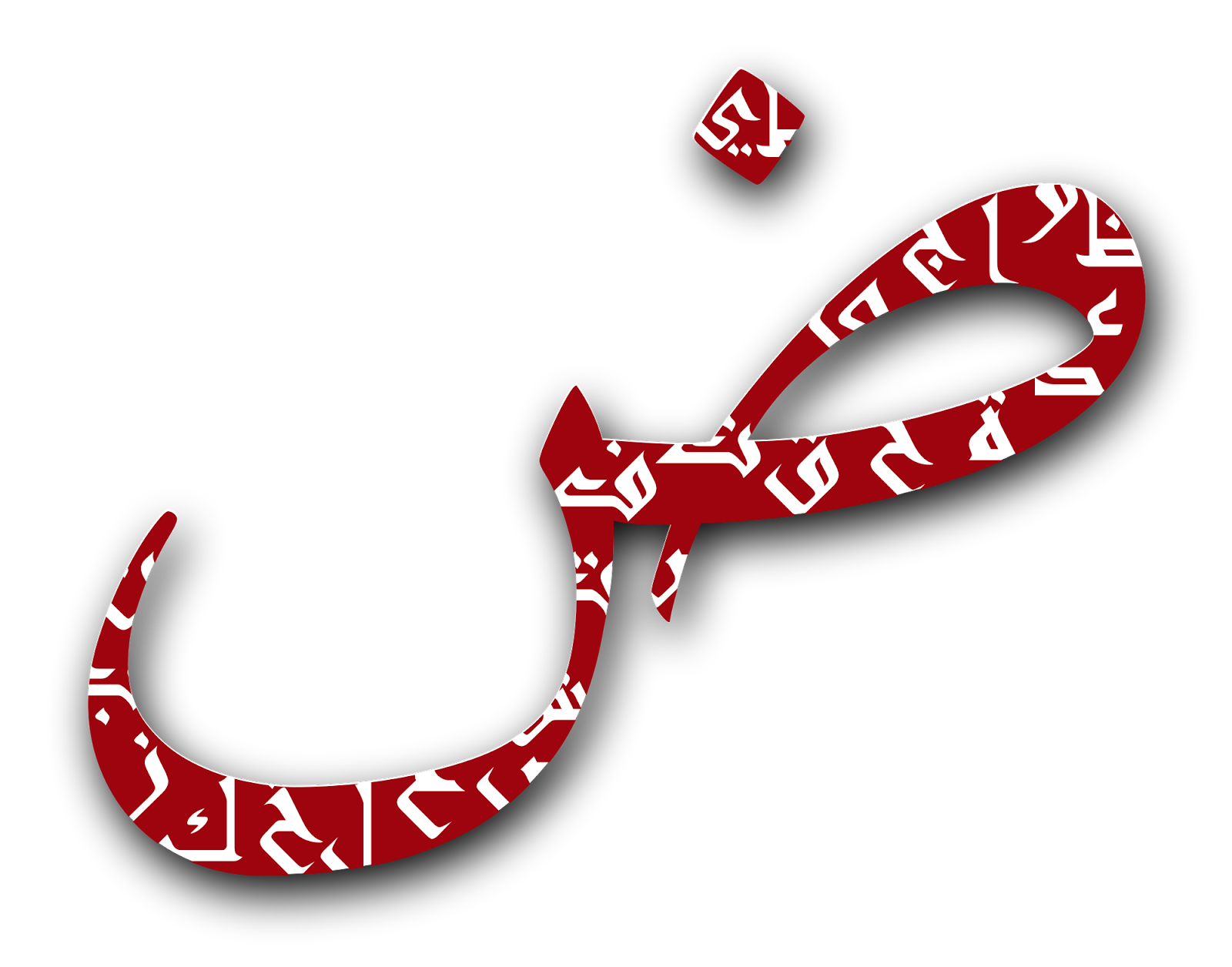
Yes the pattern is فُعلان.
So سُبحان is a cognate accusative, and usually the verb itself is omitted.
Your resident Arabic teacher.

Yes the pattern is فُعلان.
So سُبحان is a cognate accusative, and usually the verb itself is omitted.

For everyone else: السلام means peace.

@mathemachristian@hexbear.net I know you’re gonna live this.

@blight@hexbear.net @ButtBidet@hexbear.net @xiaohongshu@hexbear.net @oscardejarjayes@hexbear.net @aebletrae@hexbear.net @Hermes@hexbear.net @bunnygirl@hexbear.net @iie@hexbear.net @awth13@hexbear.net @peeonyou@hexbear.net @Ath3ro@hexbear.net @SevenSkalls@hexbear.net @KuroXppi@hexbear.net @Alf@hexbear.net @malak@hexbear.net @Champoloo@hexbear.net @PorkrollPosadist@hexbear.net @qtop@hexbear.net @whatnots@hexbear.net


In Arabic we say كِش مات kish maat to mean checkmate. Here is the etymology of checkmate:
mid-14c., in chess, said of a king when it is in check and cannot escape it, from Old French eschec mat (Modern French échec et mat), which (with Spanish jaque y mate, Italian scacco-matto) is from Arabic shah mat “the king died” (see check (n.1)), which according to Barnhart is a misinterpretation of Persian mat “be astonished” as mata “to die,” mat “he is dead.” Hence Persian shah mat, if it is the ultimate source of the word, would be literally “the king is left helpless, the king is stumped.”
In Arabic a check is كِش مَلِك:
كِش kish means to recoil
and مَلِك malik means king
So when it’s a checkmate you say مات maat ‘died’ because it’s over now ت

No one is writing لا like this. These are the two ways of writing لا and the rest are just modifications of them really, some more artistic than the others.


You got the ح confused with the ع in Q1. Here is the ع in the final position ـع and ح in the final position ـح
Q2 No we haven’t learned about the ص yet.


Is it all clear now?

It’s فابَث not فبَث, everything else is correct.
Q2 That is the letter ص, one of the emphatic letters. It’s similar to the s in ‘son’ or ‘assumption’.



@blight@hexbear.net @ButtBidet@hexbear.net @xiaohongshu@hexbear.net @mathemachristian@hexbear.net @oscardejarjayes@hexbear.net @aebletrae@hexbear.net @Hermes@hexbear.net @bunnygirl@hexbear.net @iie@hexbear.net @awth13@hexbear.net @peeonyou@hexbear.net @Ath3ro@hexbear.net @SevenSkalls@hexbear.net @KuroXppi@hexbear.net @Alf@hexbear.net @malak@hexbear.net @Champoloo@hexbear.net @PorkrollPosadist@hexbear.net @qtop@hexbear.net @whatnots@hexbear.net
The lessons are gonna be every other day probably.
Anyone else wants to get pinged when I post lessons?

Q1 Transliterate the following:
Q2


They are a very cool comrade and a wonderful teacher, and their words mean a lot to me 


@bubbalu just shared their experience learning Arabic with me and I wanna share it with you nerds:
It was a great joy to study with mu3allim last year! They are very committed to language learning and internationalism. Over about four months I was able to get a good grasp of the alphabet, phonics, and simple declarative sentences. I am an early elementary teacher and work with a lot new arrival students and mu3allim helped me build the vocabulary to help them feel at ease and teach English phonics.
I recommend any comrades seriously interested in learning Arabic to take lessons with them!
4 months might seem like a lot of time but we only did an hour a week.


Glad you enjoyed it!


Idk why, but I like the word tutelage.


If anyone wants to learn Arabic under my tutelage 


 It’s just, it takes so much time to write a seemingly-short lesson like that.
It’s just, it takes so much time to write a seemingly-short lesson like that.
Yeah calligraphy prioritizes aesthetics over legibility for sure.